Welcome visitor you can
login or register Phone Orders 888-212-8871
ULTRA THIAMINE B1
Benfotiamine is a lipid-soluble derivative of thiamin that demonstrates improved absorption and duration of activity compared to water-soluble thiamin. Benfotiamine activates transketolase activity, thereby facilitating conversion of harmful glucose metabolites and positively affecting AGE formation. It supports peripheral nerve health and may support vascular health, including the microvasculature of the retina and kidney. Benfotiamine is also an excellent way to improve thiamin status.*
Category: Supplements
Tags: Diabetes, Eyes, Free Radicals, Hearing
$34.95
CompareDescription
120 caps
ULTRA THIAMINE B1 Fat Soluble Transketolase Singlet Oxygen Free Radical Removal and Kidney Micro-Albumin Diabetic Kidney Protection
Its effectiveness, however, has been demonstrated even
in low doses (i.e. 150 mg/d).[1] As compared to thiamin hydrochloride administration, maximum plasma levels
are approximately five times higher and bioavailability is, at maximum, approximately 3.6 times as high. These
plasma levels are also better than lipophilic thiamin derivatives.[2]
Pathways of Glucose-Metabolite–Induced Damage High intracellular sugars can lead to an accumulation of intermediate metabolic products. These metabolic products activate certain pathways.[3,4] These pathways are: (1) polyol pathway flux; (2) increased formation of AGEs (advanced glycation end-products); (3) increased expression of the receptor for AGEs (RAGEs) and its activating ligands; (4) activation of protein kinase C (PKC) isoforms; and (5) overactivity of the hexosamine pathway.[4] Together, these mechanisms can impact vascular tissue and target particularly susceptible capillary endothelial cells of the retina, mesangial cells in the renal glomerulus, neuronal cells, and Schwann cells.*[3-7]
Benfotiamine Supports Diversion to Different Pathway Benfotiamine has been shown to enhance the
activity of transketolase, an enzyme that catalyzes the conversion of harmful glucose-intermediate metabolites
in the pentose phosphate pathway.[4-7] In vitro research showed treatment with benfotiamine had an impressive
effect on transketolase activity (454% increase from control).[5] Researchers further indicated that increasing
transketolase activity supports the diversion of intermediate metabolites away from three of the major pathways
(including AGE formation) discussed above.[5] Benfotiamine was shown to have a positive influence on AGE formation and PKC activity. It is thought to prevent NF-kappaB activation in the rat retina as well as inhibit change in the number of retinal acellular capillary segments.*[5]
This research has been supported by a human pilot study wherein subjects given benfotiamine (600 mg/d)
plus alpha-lipoic acid (1200 mg/d) demonstrated healthy changes in AGE formation, monocyte hexosaminemodified proteins, and prostacyclin synthase activity.*[8]
Nerve Tissue Health Microvasculature feeding peripheral nerves can be affected by the pathways discussed
herein. Furthermore, lower AGE formation is associated with healthier nerve tissue. The role of benfotiamine in
diverting glucose metabolites to a less harmful metabolic pathway may well be the underlying reason it has been
used successfully in Germany for over a decade to support nerve health. Results suggest that benfotiamine is
most effective in large doses (320-600 mg/d), although effectiveness is still achieved in smaller daily dosages
(150 mg/d).*[1,9,10]
Directions
Take two capsules in the morning and two
capsules in the evening, or as directed by your
healthcare practitioner.
Only logged in customers who have purchased this product may leave a review.
Related Products
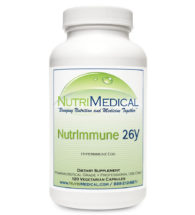
NutrImmune 26Y (120 caps)
$49.95
Select options
This product has multiple variants. The options may be chosen on the product page

NutriDefense 90 caps
$49.95
Select options
This product has multiple variants. The options may be chosen on the product page
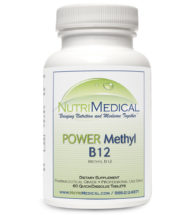
POWER METHYL B12 Sublingual
$45.00
Select options
This product has multiple variants. The options may be chosen on the product page

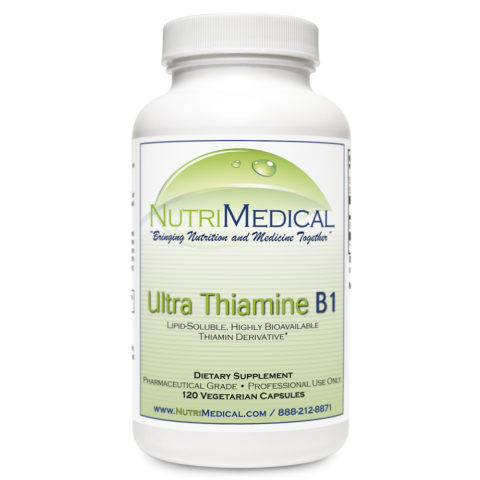
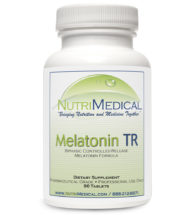
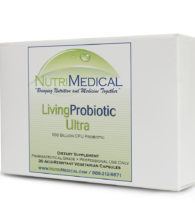
Reviews
There are no reviews yet.